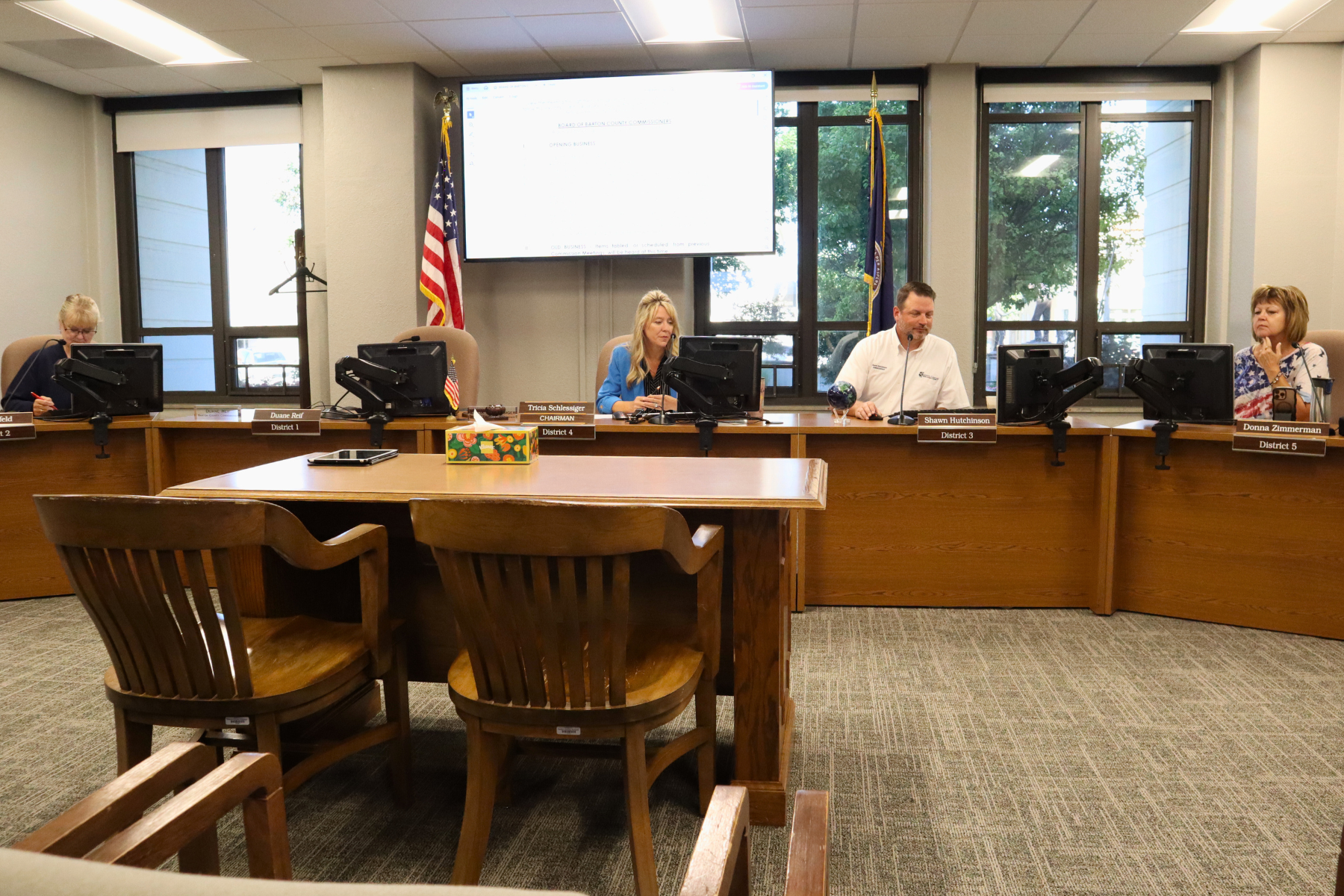
From Barton County...
They may not be burning the midnight oil, but Barton County commissioners and other county officials have been working long hours over the past few weeks as the 2026 budget planning process comes down to the wire.
“Commissioners have been at the Courthouse until 6 p.m. the last two weeks trying to keep our budget as low as possible,” said District 3 Commissioner Shawn Hutchinson.
The Barton County budget process involves several key steps:
· Elected officials, department heads and outside agencies receiving county funding submit preliminary budget requests for the upcoming operating year, typically in May.
· County Administrator Matt Patzner and the commissioners review these requests. Meetings with those involved are held in June and July to discuss and revise the proposed budget.
· Another factor commissioners and officials must consider is the Revenue Neutral Rate.
The Revenue Neutral Rate (RNR) is a mechanism designed to ensure that taxing entities, like the county itself, do not collect more property tax revenue than they did the previous year, after accounting for changes in assessed valuation. This rate is calculated to maintain the same level of revenue generation as the prior year, adjusted for any increase or decrease in the total assessed value of property.
The RNR, or Truth in Taxation Act, was passed by the Kansas Legislature in March 2021. Taxing entities that plan to exceed the rate must also hold an RNR hearing, in addition to their regular budget hearing.
· The proposed budget is presented to the public at a hearing during a commission meeting in August. This allows citizens to provide input and feedback on the proposed spending plan and tax levy.
· After the public hearing and at the same meeting, the commissioners formally adopt the budget, including the spending plan and mill levy.



